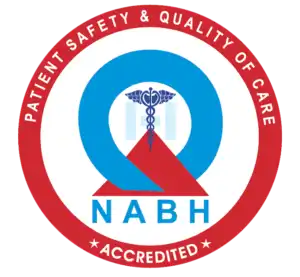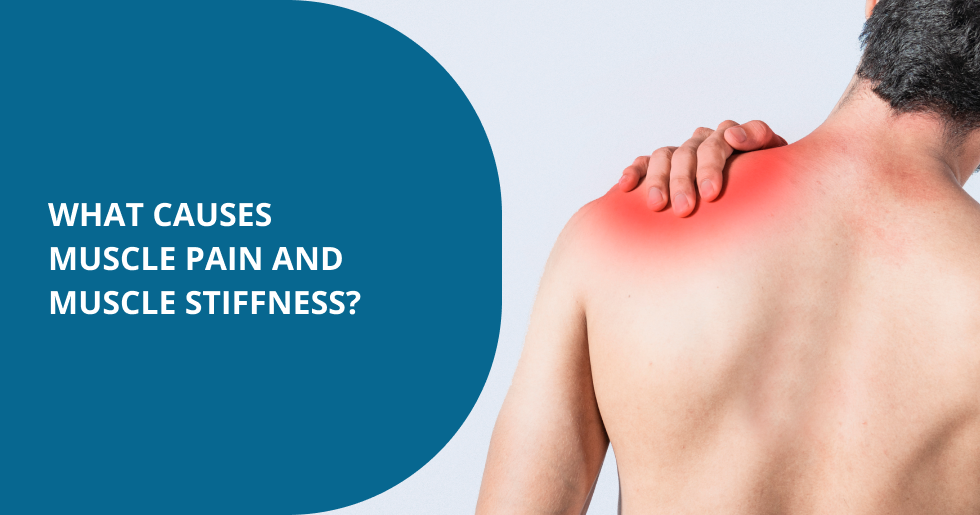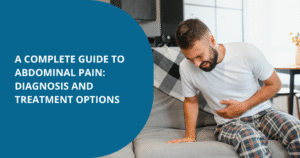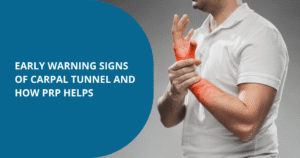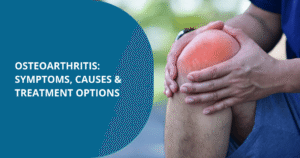Are you experiencing aches in your back, a persistent tightness in your shoulders, or widespread discomfort that makes daily tasks feel difficult?
Muscle aches and pains are very common, but they can become chronic or be accompanied by severe stiffness, which can greatly affect your quality of life.
That’s why understanding the root cause of muscle pain causes from simple overuse to complex medical conditions which is crucial to finding an effective solution.
At Epione Bangalore, our specialists are dedicated to providing personalised muscle pain treatment to help you gain comfort and mobility.
In this blog, we will share some causes of muscle pain and stiffness, as well as some remedies to find lasting relief.
What is Muscle Pain and Stiffness?
Muscle pain is a discomfort or soreness in one or more muscles, tendons, ligaments, or fascia, often ranging from mild and localised to severe and widespread.
While muscle stiffness is the sensation of difficult in moving a muscle or joint, it often feels like the muscle is tight or contracted, making movement difficult, especially after periods of rest or inactivity.
Acute Vs Chronic Muscle Pain
Here is a differentiation between the two main types of muscle pain:
- Acute Muscle Pain – This is sudden, often intense pain that is typically short-lived. It usually follows an identifiable event, such as an intense workout or sprain, or a viral infection.
- Chronic Muscle Pain – A long-lasting discomfort that may persist for weeks or months, usually linked to conditions like arthritis, fibromyalgia, endometriosis, nerve disorders, or unhealed musculoskeletal injuries.
Common Causes of Muscle Pain
The most common causes of muscle pain are tension, stress, overuse, and minor injuries.
Here are some of the common muscle pains –
- Overuse and Strain: It includes repetitive strain injuries. Pushing a muscle beyond its limit, especially without a proper warm-up, results in microscopic tears in the muscle fibres, leading to a muscle strain.
- Tension and Stress: Chronic stress causes muscles, particularly in the neck, back, and shoulders, to remain contracted, leading to painful tension headaches and localised pain.
- Viral and Bacterial Infections: Infections can cause widespread muscle aches and trigger inflammation throughout your body.
- Chronic Muscle Disease: It includes inflammatory and autoimmune diseases like chronic myositis and muscular dystrophy, causing muscle pain.
- Dehydration: Not drinking enough water can lead to muscle cramps and pain.
How Muscle Stiffness Develops
Muscle Stiffness develops from a variety of causes, including strenuous exercise, prolonged activities, injuries, and medical conditions.
Common triggers include:
- Inactivity – Spending long periods sitting can make muscles stiff and inflexible, especially in the neck, shoulders, and back.
- Injuries – Sprains and strains can also make the affected area stiff as the body works to protect and heal the injured tissue.
- Poor posture – Sitting or standing for long stretches adds continuous strain on muscle groups, which can lead to long-term stiffness.
- Medications – They can cause muscle stiffness as a side effect.
Medical Conditions Associated with Muscle Pain
When muscle aches and pains become chronic, they may be linked to underlying medical conditions:
- Fibromyalgia: A chronic disorder characterised by widespread muscle pain, fatigue, and tender points.
- Rheumatic Conditions: Conditions like lupus or polymyalgia rheumatica involve systemic inflammation that can affect muscle tissue.
- Chronic Fatigue Syndrome: Widespread muscle pain and stiffness are hallmark symptoms of this complex disorder.
- Hypothyroidism: A condition marked by the reduction of creation and release of the thyroid hormone in your blood, also referred to as underactive thyroid.
When to Seek Medical Advice
While most acute muscle pain resolves with rest, you must see a healthcare provider if muscle pain and stiffness lasts more than a few days. Make sure to visit when you experience:
- Persistent muscle pain that does not improve with self-care
- Muscle pain accompanied by a high fever, severe weakness, or a stiff neck
- Extreme muscle weakness that keeps you from doing daily activities.
- A recurring pain that occurs with exercise and diminishes with rest.
- Unexplained muscle aches and pains that are widespread.
Role of Physiotherapy and Exercise
Physiotherapy, or physical therapy, is a healthcare field focused on helping people recover and improve their physical abilities through various techniques, exercises, and therapies.
It tackles the root cause of muscle pain, including issues like calf muscle pain, through a comprehensive, individual treatment plan that aims to reduce discomfort, enhance mobility, and prevent recurrence.
It focuses on:
- Manual Therapy – Includes a range of hands-on techniques that help to relax tight muscles and joint mobilisation, and improve movement in joints.
- Exercise Therapy – Tailored exercise programs like stretching and strengthening to enhance flexibility, reduce stiffness, and prevent future strain.
- Ergonomics – It focuses on correcting poor posture and movement patterns that contribute to pain.
PRP Therapy for Muscle Pain
For patients, especially those who have chronic muscle pain or tendon issues, regenerative therapies offer a promising result. Platelet-rich plasma (PRP) therapy is a cutting-edge approach where a concentration of the patient’s own platelets is injected directly into the affected area.
It helps:
- To stimulate the repair of damaged muscle fibres and connective tissues.
- To reduce inflammation and stiffness
- To accelerate recover from musculoskeletal strain or sports injuries
When Surgery is Needed
Surgery is rarely needed for general muscle pain or stiffness. In cases when non-surgical treatment methods prove ineffective or for severe muscle tears, surgical intervention may be necessary. At Epione Bangalore, specialists ensure precise diagnosis and the best treatment approach for effective recovery.
FAQs
-
What are the main causes of chronic muscle stiffness?
Main causes of chronic muscle stiffness include prolonged immobility, poor posture, and underlying medical conditions like fibromyalgia, lupus, and myopathies.
-
How does PRP help with muscle pain?
PRP has shown good results in promoting muscle recovery, reducing pain, swelling, and stimulating natural healing.
-
Is physical therapy more effective than medication?
Physical therapy addresses the root cause and promotes self-management skills, while medications often only offer temporary symptom management.
-
How long does PRP recovery last?
Most patients see improvement within weeks, with results lasting months to years, depending on severity and lifestyle factors.
-
Can muscle pain be a sign of a serious condition?
Yes, it can be a sign of a serious condition, such as a serious injury, infections, autoimmune disease, or an underlying medical condition.
